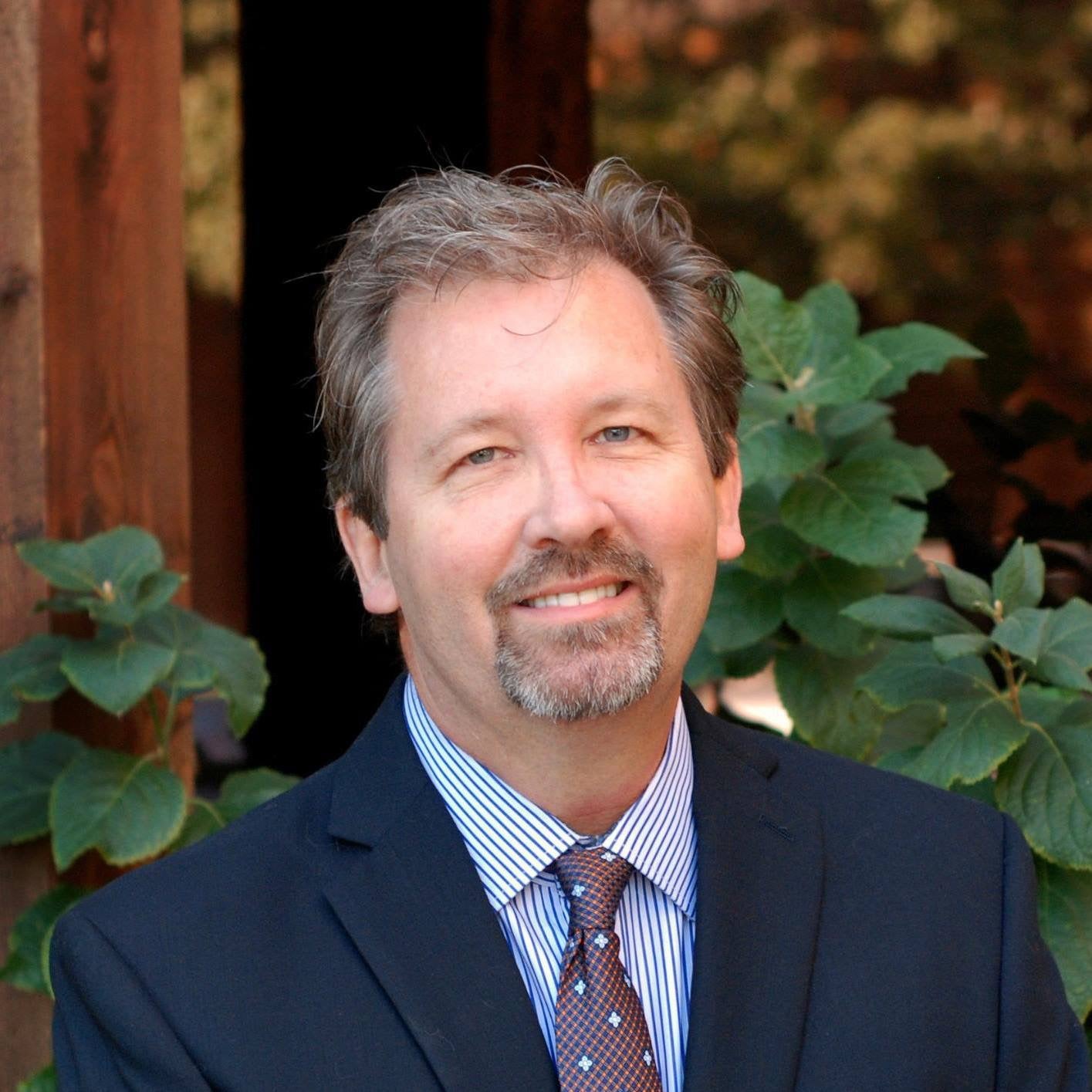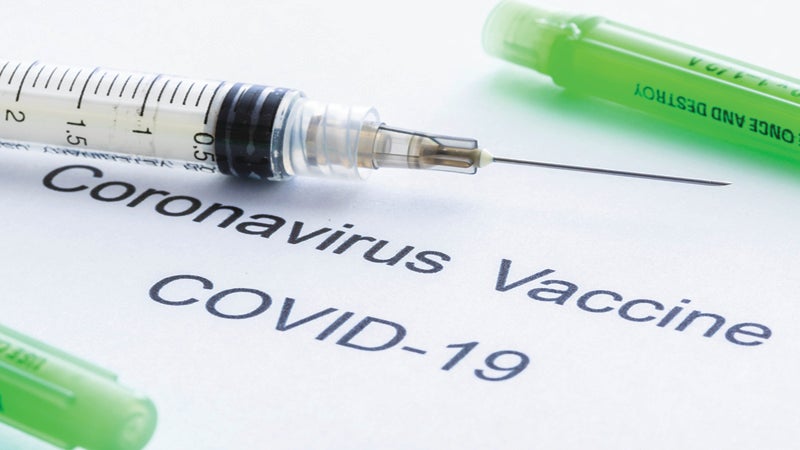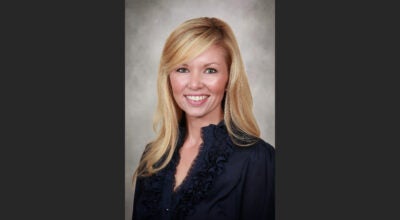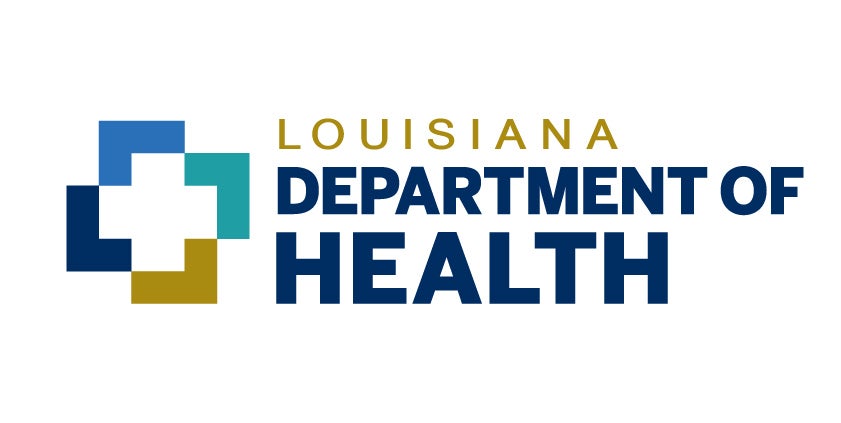Overcoming the stigma of Alzheimer’s Disease
Published 9:00 am Sunday, August 8, 2021
|
Getting your Trinity Audio player ready...
|
You see it more and more in the obituary columns. “Died after a long bout with Alzheimer’s,” “…following a slow decline with Alzheimer’s,” or even “robbed of their life by Alzheimer’s.”
There is no escaping it. Alzheimer’s disease is becoming more prevalent. The Alzheimer’s Association says that one of three seniors will die from the disease. According to the Association’s annual Facts and Figures Report for 2021, over two thousand Louisianans died of Alzheimer’s in 2019.
And it’s not going to get any better any time soon.
In the United States, someone develops Alzheimer’s every 65 seconds. So why do we have a hard time talking about it?
Facing stigma is often a primary concern of people living with Alzheimer’s and their care partners. Those with the disease report being misunderstood because of the myths and misconceptions others have about the disease.
Stigma and lack of awareness also impacts Alzheimer’s disease research. While funding is growing, the government funds Alzheimer’s research at lower rates than other diseases, even when the cost of caring for Alzheimer’s disease is significantly higher.
Here are some ways to bring the conversation out into the open.
Be open and direct.
Engage others in discussions about Alzheimer’s disease and the need for prevention, better treatment and an eventual cure.
Communicate the facts.
Sharing accurate information is key to dispelling misconceptions about the disease. Whether a pamphlet or link to online content, offer information to help people better understand Alzheimer’s disease.
Seek support and stay connected.
It is important to stay engaged in meaningful relationships and activities. Whether it’s family, friends or a support group, a network is critical. You can find a local support group by contacting your local Alzheimer’s Association chapter.
Don’t be discouraged.
Denial of the disease by others is not a reflection of you. If people think that Alzheimer’s disease is normal aging, see it as an education opportunity.
Be a part of the solution.
As an individual living with the disease, yours is the most powerful voice to help raise awareness, end stigma and advocate for more Alzheimer’s support and research.
These tips are based on the advice and experience of current and former members of the Alzheimer’s Association National Early-Stage Advisory Group (ESAG), which consists of individuals in the early stage of the disease who help raise awareness about the disease.
If you have questions, call the Alzheimer’s Association 24/7 helpline at 800-272-3900 for more information.
The Alzheimer’s Association leads the way to end Alzheimer’s and all other dementia – by accelerating global research, driving risk reduction and early detection, and maximizing quality care and support. Our vision is a world without Alzheimer’s and all other dementia. Visit alz.org or call 800.272.3900.
Scott Finley is a Media Relations Manager for the Alzheimer’s Association®. He can be reached at scfinley@alz.org






